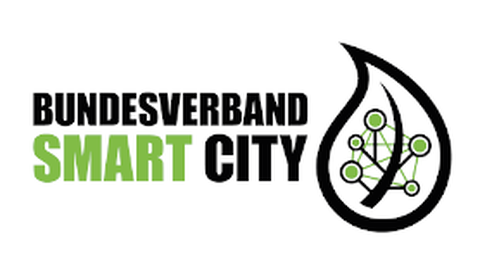Dec 19, 2024
For a systematic and practical definition of "Smart City": TUD-WISSENSARCHITEKTUR starts cooperation with the "German Smart City Association"
"Smart City" - what exactly is it? The term is popular and yet is sometimes used in a narrow or vague way. WISSENSARCHITEKTUR - Laboratory of Knowledge Architecture, together with the Chair of Digital City Science (DCS, HafenCity University Hamburg) , is now working with the German Smart City Association to develop a standardized, practicable terminology.
Unclear terminology hinders the digital transformation
An analysis of existing smart city glossaries carried out by the Association in 2023 showed that only around 7% of the terms in several sources match. Many terms, especially from international contexts, are used inconsistently or in a misleading way. This makes communication in cities and municipalities more difficult, hinders cross-sector projects and paralyzes transformation at both local and national level. A reduction to buzzwords and empty phrases can also lead to a tendency to use superficial content.
Meta-terminology for future-oriented municipalities and regions of tomorrow
A "meta-terminology for future-oriented municipalities and regions of tomorrow" should now provide a remedy. It should include and define the most important topics relating to smart cities from a municipal perspective and help to shape future projects and discourse productively, successfully and clearly.
The initial approaches were presented at a workshop during the Smart Country Convention in November 2023 and discussed in depth with representatives from all stakeholder groups.
Smart City terminology project: systematic and practical
In 2025, TUD-WISSENSARCHITEKTUR - currently the scientific lead in the Model Project Smart City Dresden -, DCS Hamburg and the German Smart City Association will further develop the results.
The Smart City Terminology project focuses on the following aspects:
- Interfaces and connectivity: standards and a common language can improve comparability and cooperation.
- Communication and relevance: Clear terms are essential to create transparency and understanding among all stakeholders, including journalists and citizens, and thus also promote social acceptance.
- Social dimension: Terms should not only reflect technical, but also cultural and social aspects.
- Work processes: Development should be flexible, dynamic and practice-oriented, allowing contributors to focus on their core competencies. The participants agreed that the process should be designed and implemented using a "living document" that is continuously developed and adapted to new requirements.
The aim of the new smart city terminology is to develop a systematic and practical taxonomy that defines cross-sectoral terms, reduces misunderstandings and ensures international compatibility. In this way, the digitalization of German municipalities can be used worldwide as an export good and knowledge product "Smart City made in Germany".
Experts are invited
Experts interested in participating in the project can get in touch with the team via contact form.
